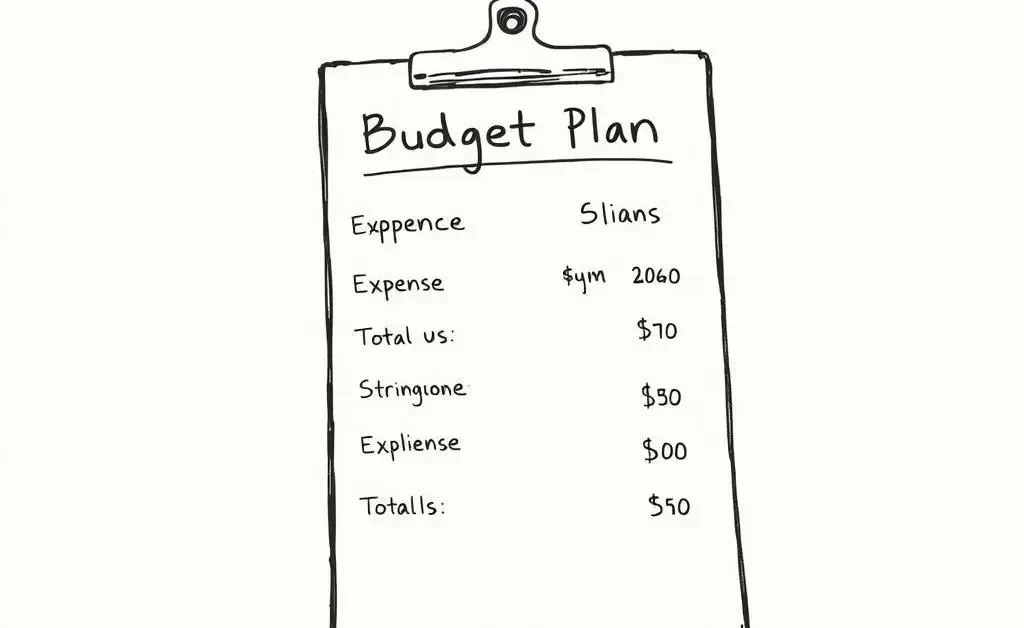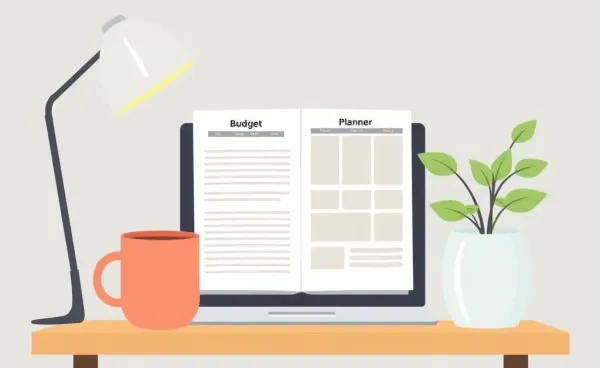How to Handle Financial Setbacks: A Credit Union Perspective
Discover effective strategies for overcoming financial setbacks with help from credit unions.

Hey there! We’ve all experienced those unexpected financial setbacks that seem to come out of nowhere. Whether it’s a surprise medical bill or sudden job loss, they can shake up our world pretty quickly. But here's the deal: handling financial setbacks doesn't have to be overwhelming, especially if you're in the know about how credit unions can play a role. Let's dive into how these community-focused institutions can be your secret weapon when times get tough.
What Makes Credit Unions Different?
I’ve always believed that a bit of background helps, so here it goes. Unlike traditional banks, credit unions are member-owned, which essentially means that decisions are often made with your best interests at heart. This can make a world of difference when you’re facing financial hardships.

Personalized Support
One of the most calming aspects of credit unions is how personalized their service is. Instead of feeling like just another account number, the staff knows you by name. This relationship can translate into more empathy and understanding when you present them with financial concerns. Trust me, it's so much easier to ask for help when you know someone has your back!
Flexible Financial Solutions
Now, let’s get practical. Credit unions frequently offer flexible financial products designed to support you through tricky periods. Whether you need a personal loan with reasonable rates or guidance on debt management strategies, they're there to help. Plus, community ties mean that the offers you receive are often tailored to genuinely benefit you.
Taking Control of Your Financial Situation
Navigating a setback can feel chaotic, but getting back in control often starts with managing your budget wisely. Let’s look at a few steps you can take:

- Assess your expenses: Pinpoint where you can cut back and prioritize necessary spending.
- Create a plan: With potential support from your credit union, draft a realistic budget.
- Seek advice: Don’t hesitate to ask your credit union for financial planning resources or workshops.
Look for Community Support
Besides personal adjustments, remember that many credit unions offer financial education and workshops which can be quite enlightening. Participating in these community events can not only sharpen your own financial acumen but also build supportive networks that aid in recovery.

Conclusion: Reflect and Plan Ahead
At the end of the day, financial hiccups are just that—temporary disruptions. The key is knowing where to turn for help. Credit unions, with their member-centric focus, prove to be invaluable allies. Equipped with knowledge, the right mindset, and community support, you’ll find yourself not just bouncing back, but also future-proofing your finances to handle whatever comes your way next.
Have any stories about how your credit union helped you during difficult times? I’d love to hear them. Let’s chat in the comments!




